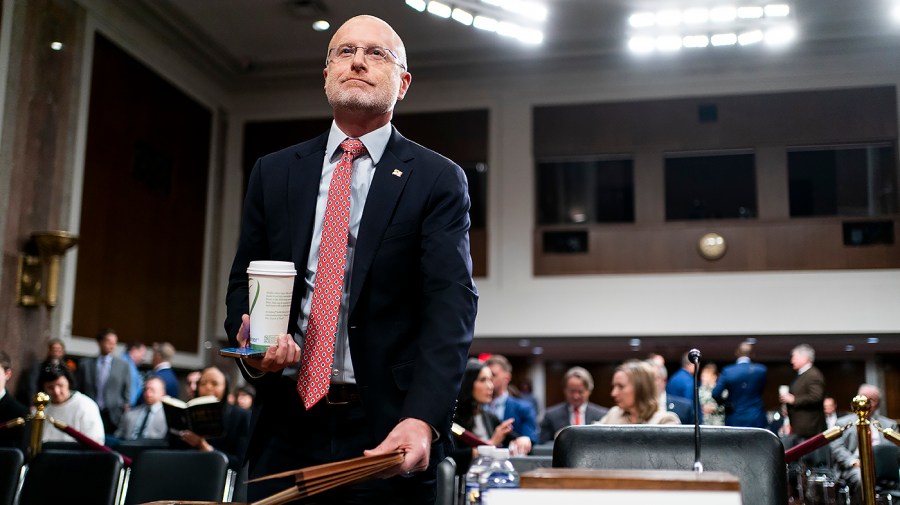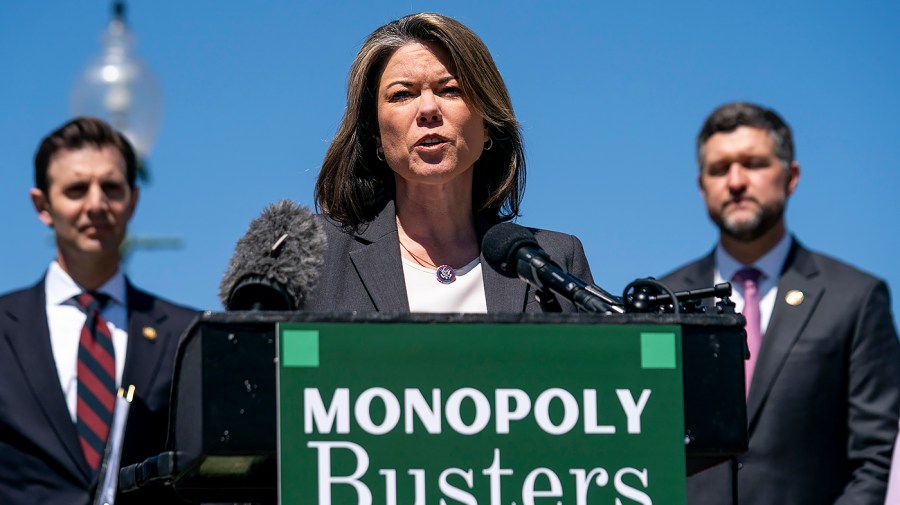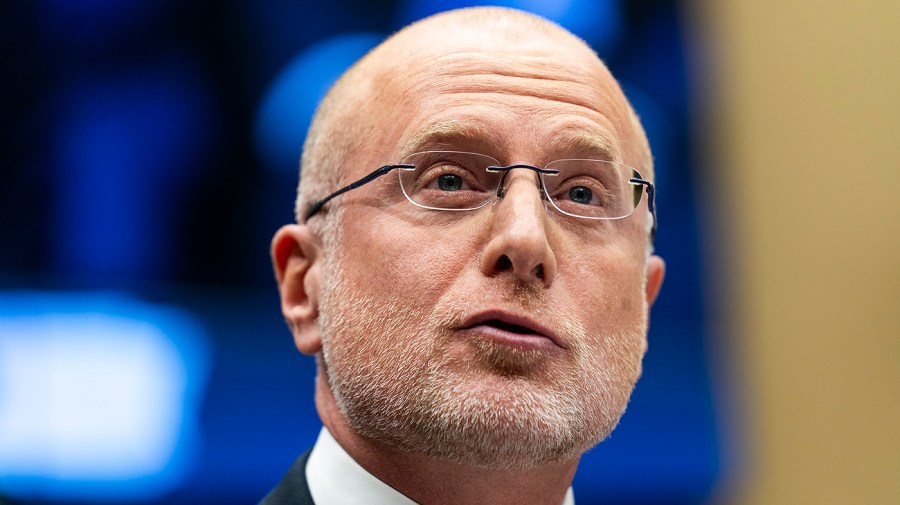
When conservative activist Charlie Kirk was murdered, some justified the act as political retaliation. When UnitedHealthcare CEO Brian Thompson was shot and killed, the alleged shooter’s anger at the health insurance industry was emphasized as if it were some kind of explanation.
In both cases the violence was filtered through complaints rather than outright condemnation.
As a psychotherapist practicing in New York City and Washington, DC, I see the same logic in my office: Some people believe their pain entitles them to yell, or that complaint alone justifies destructive choices. The parallels between individual psychology and our culture as a whole are striking – and deeply disturbing.
The question is no longer simply whether a crime was committed, but rather “Am I sympathetic to the grievance behind this crime?”
This represents a sharp departure from the past. After tragedies such as the assassination of President John F. Kennedy, the Oklahoma City bombing, and the September 11 attacks, Americans no longer debated whether violence was justified. Leaders from all sections insisted that this could not be rationalized. That moral clarity gave a foundation to the country.
In contrast, today we are divided into competing narratives. Instead of condemning such violent acts, we ask whether the victim or perpetrator matches our politics.
This trend goes beyond the political realm. After the January 6 attack on the Capitol, many people forgave the rioters as patriots whose anger over a stolen election justified their actions. Following urban unrest in recent years, looting was sometimes described as “compensation”. On college campuses, violent protests are reframed as trauma reactions.
Each example points to the same shift: complaining is used to blur accountability.
In my practice, I’ve seen how destructive that mindset can be. A patient once came to me angry at a colleague who had criticized him at work. He insisted that he had every right to harm a colleague in return. Their anger was genuine and their grievances were understandable. But if I had supported his desire to return, I would have been complicit in his self-destruction. Therapy only worked because she learned that her pain, although valid, did not justify harming others.
Another patient, a college student, once described the breakup as “trauma” and argued that her pain was not worth missing classes for several weeks and getting angry at friends. The word “trauma” legitimized her pain, but it also offered an escape from responsibility. When he realized that difficulties could not free him from the election, he gradually regained his feet. Without that change, she probably would have carried her grudge as an excuse for the rest of her life. Language that leans toward justification rather than clarification stifles progress and undermines accountability.
We are seeing the same dynamics in our institutions. Prosecutors hesitate to bring charges for fear of appearing insensitive. Journalists soften their language, replacing “crime” with “disturbance” or “incident”. Schools and workplaces are eager to avoid the resentment, low standards, and excused behavior they once might have challenged. Over time the responsibility itself begins to seem optional.
Complaints have become currency on social media. Posts presenting personal failures as evidence of victimization often go viral. Calls for flexibility are ignored. Algorithms reward outrage, teaching that if you want attention or generosity, move forward with a complaint. Multiplied across millions of interactions, messages reshape our collective sense of what counts as acceptable behavior.
The answer is not to dismiss suffering. Many complaints are genuine and deserve attention. But empathy is not discounted. Compassion must co-exist with responsibility. Without both, individuals cannot be strong and societies cannot hold together.
Restoring this balance will not be easy. Leaders – political, cultural and journalistic – can model this. They must name violence, even if the victim is unpopular or the perpetrator’s complaint sounds sympathetic. Universities should teach students that protest and dissent are necessary, but destruction crosses a line. Prosecutors must resist the temptation to excuse crimes based on motive. And the media should avoid promoting violence with medical euphemisms.
History provides a guide. The civil rights movement drew strength from grievance, but its leaders refused to condone violence. His moral strength came from insisting that equal accountability under the law was non-negotiable. That balance gave him legitimacy and power.
After more than two decades in practice, I have learned how difficult it is to tell people that their pain does not give them the right to scream. But I have also seen that healing begins with this bitter truth. America needs that truth now.
jonathan alperta psychotherapist practicing in New York City and Washington, is the author of the forthcoming book “Therapy Nation.”












